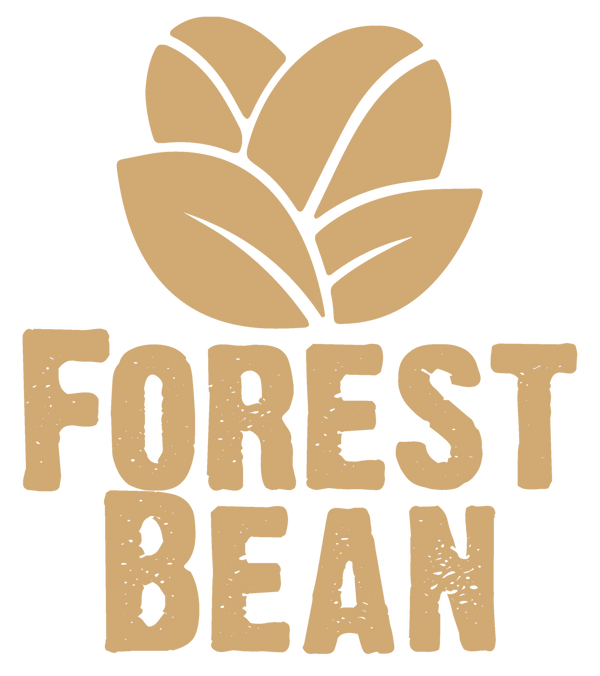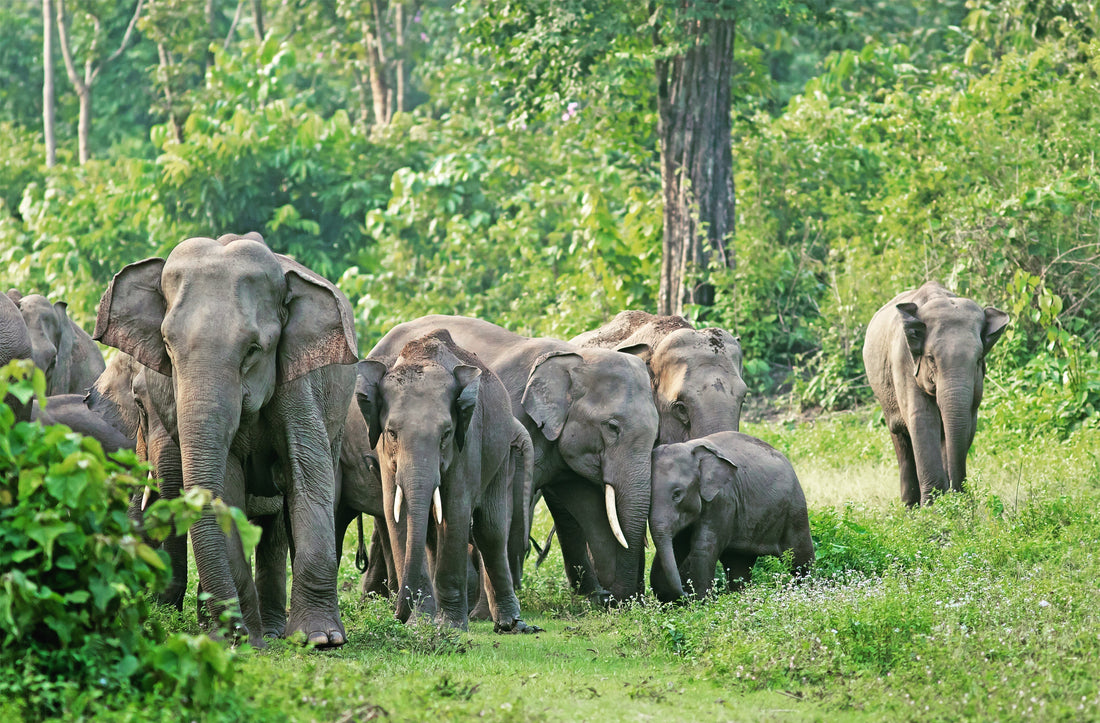Why Shade Matters in Coffee

Coffee has a biodiversity problem. In the race to increase yields, sun-grown plantations often come at the expense of forests, soils, and the very ecosystems that once made coffee possible.
At Forest Bean, we take the opposite path. Our shade-grown practices in India’s Western Ghats prove that coffee can scale without deforestation — while enhancing biodiversity and livelihoods.
___________________________________________________________________________
The Western Ghats Advantage
Recognized by UNESCO as one of the world’s eight “hottest hotspots” of biodiversity, the Western Ghats is more than fertile ground for coffee. It’s a living laboratory of nature and culture.
- Over 100 bird and pollinator species thrive in shade coffee farms, as documented by the Wildlife Conservation Society’s 2023 study on agroforestry in the Western Ghats.
- 12 farming families in our co-op integrate coffee with pepper, cardamom, and native trees.
- Carbon-rich soils act as natural buffers, improving resilience to climate change.
“This is not just farming. It’s agroforestry that protects landscapes while producing exceptional coffee.”
Three Pillars of Impact
1. Tree Diversity as Natural Infrastructure |
2. Pollinators and Yield |
3. Ethics at the Core |
|
Native shade trees are more than cover. They create habitats, regulate microclimates, and strengthen soils. Our farms currently host 150+ native shade trees that act as natural infrastructure. |
Bees and butterflies drive both biodiversity and business. Farms with stronger pollinator activity consistently show higher yields and better bean quality.
|
By cutting out middlemen, our co-op delivers 25–30% higher income to farmers compared to commodity markets. Sustainability here means dignity and fairness, not just green labels.
|
___________________________________________________________________________
Beyond Sustainability: Flavor

Sustainability isn’t charity; it translates directly into cup quality.
Shade-grown beans mature more slowly, developing richer complexity. Our single-origin roasts reflect this:
- MAYURA (Light–Medium Roast): Fruity, wine-like clarity.
- NARI (Medium Roast): Balanced, smooth, with refined chocolate undertones.
- MATANGA (Espresso Roast): Bold, structured, layered.
Each cup tells the story of shade, soil, and resilience.
Looking Ahead
In 2025, our commitments are clear:
- Scale revenue from $30K → $100K.
- Expand co-op membership from 12 → 25 farming families.
- Launch TraceBrew™ cold brew with real-time impact dashboards.
- Enter 10+ cafés across Canada and the US.
"Our goal is not just to grow Forest Bean — but to help redefine global coffee sourcing around biodiversity."
The Takeaway
Shade-grown coffee is more than a farming method — it’s a blueprint for how agriculture can align with biodiversity, from the Western Ghats to coffee regions worldwide. At Forest Bean, we’re proving that protecting forests, paying farmers fairly, and producing exceptional coffee are not competing priorities, but mutually reinforcing outcomes.
For us, the choice is clear: coffee that depletes the planet has no future. Coffee that cultivates biodiversity does.
👉 Join us in this movement — taste the difference with Forest Bean’s shade-grown roasts or partner with us to bring ethical coffee to your café. Visit theforestbean.com to learn more or try our MAYURA, NARI, or MATANGA blends today.

